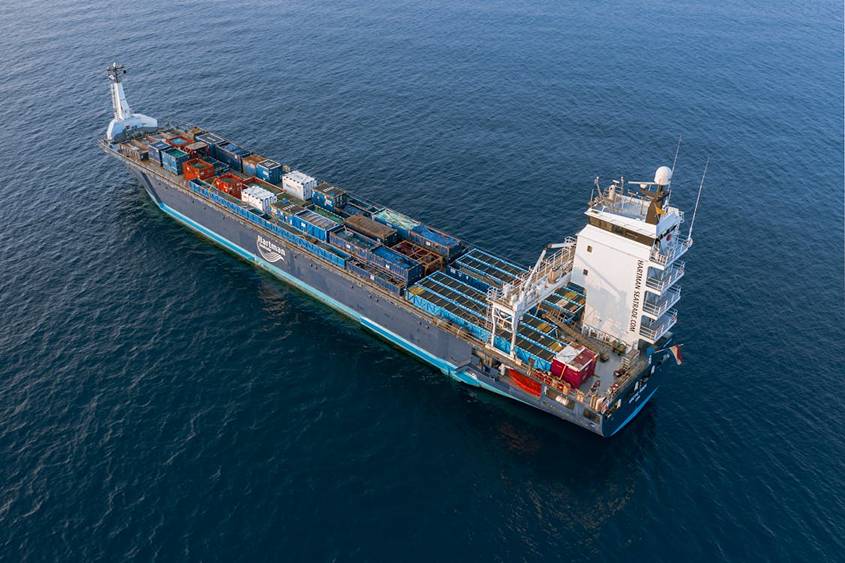
Mental Health Challenges for Maritime Workers
Research on the mental health of maritime workers found that 30% of those working at sea suffered from depression, and 26% reported symptoms of anxiety. This is significantly higher than the 8% of the US population who suffer from major depression and 19.1% with an anxiety disorder.
There is no disputing that working at sea can be mentally taxing for maritime workers. The unique challenges of life at sea, such as months away from loved ones, can take a toll on mental health and wellbeing. Some of the key mental health issues faced by seafarers include:
Trauma and PTSD for Maritime Workers
Maritime workers are at risk of trauma from witnessing accidents, injuries, deaths, piracy attacks, and other crises at sea. The fatal injury rate among maritime transportation vessels is 18.4 per 100,000 workers, which is six times higher than the overall rate for US workers. These traumatic events can lead to post-traumatic stress disorder (PTSD) and other conditions like depression or anxiety disorders. According to Ryan Zehl, an experienced Jones Act lawyer in Houston, “Understanding your rights under the Jones Act is vital, and the lack of prompt access to counseling hampers recovery.”
Isolation and Loneliness on the Sea
One of the biggest challenges is dealing with extended periods of isolation and loneliness. Maritime workers can spend months at a time away from family and friends with limited human interaction, although shift patterns vary according to the job, such as 28 days on and 14 days off. The loneliness of life at sea can lead to depression, anxiety, and other mental health problems. Continuous internet access has helped improve social connections but is still a major issue.
Stress and Fatigue of Merchant Marines
Workers are often subjected to high levels of stress and fatigue due to the job's demands. Stress can be caused by separation from family, financial pressures, workplace conflicts, lack of shore leave, and fears about piracy or accidents at sea. Chronic stress and fatigue take a toll on both physical and mental health.
Limited Access to Care
When mental health issues arise at sea, there is very limited access to professional psychological care and counseling services. Maritime workers have to wait until they reach the port for help. This delay in access to care can worsen mental health conditions. Workers are reluctant to report issues due to stigma and concerns about job security.
Substance Abuse
Some seafarers turn to alcohol or drug abuse to cope with the stress and monotony of maritime work. 14.5% of maritime workers drink alcohol, and 3.4% use cannabis. In a 2014 study, it was found that 3-10% of seafarers consumed drugs while away at sea. Substance abuse can lead to further mental health declines. Peer pressure, ready availability of alcohol, and lack of recreational activities promote higher rates of risky substance use.
Steps to Address Mental Health for Maritime Workers and Merchants
- Reduce time at sea and increase shore leave
- Provide counseling services at ports
- Promote mental health awareness and support
- Improve connectivity and communication with their home
- Address substance abuse through testing and treatment
- Provide training to identify signs of mental distress
- Facilitate access to care after traumatic events
- Reduce stigma associated with mental health issues
With awareness and proactive interventions, the maritime industry can effectively support workers' mental health and reduce the challenges faced at sea.

Comments (0)